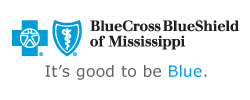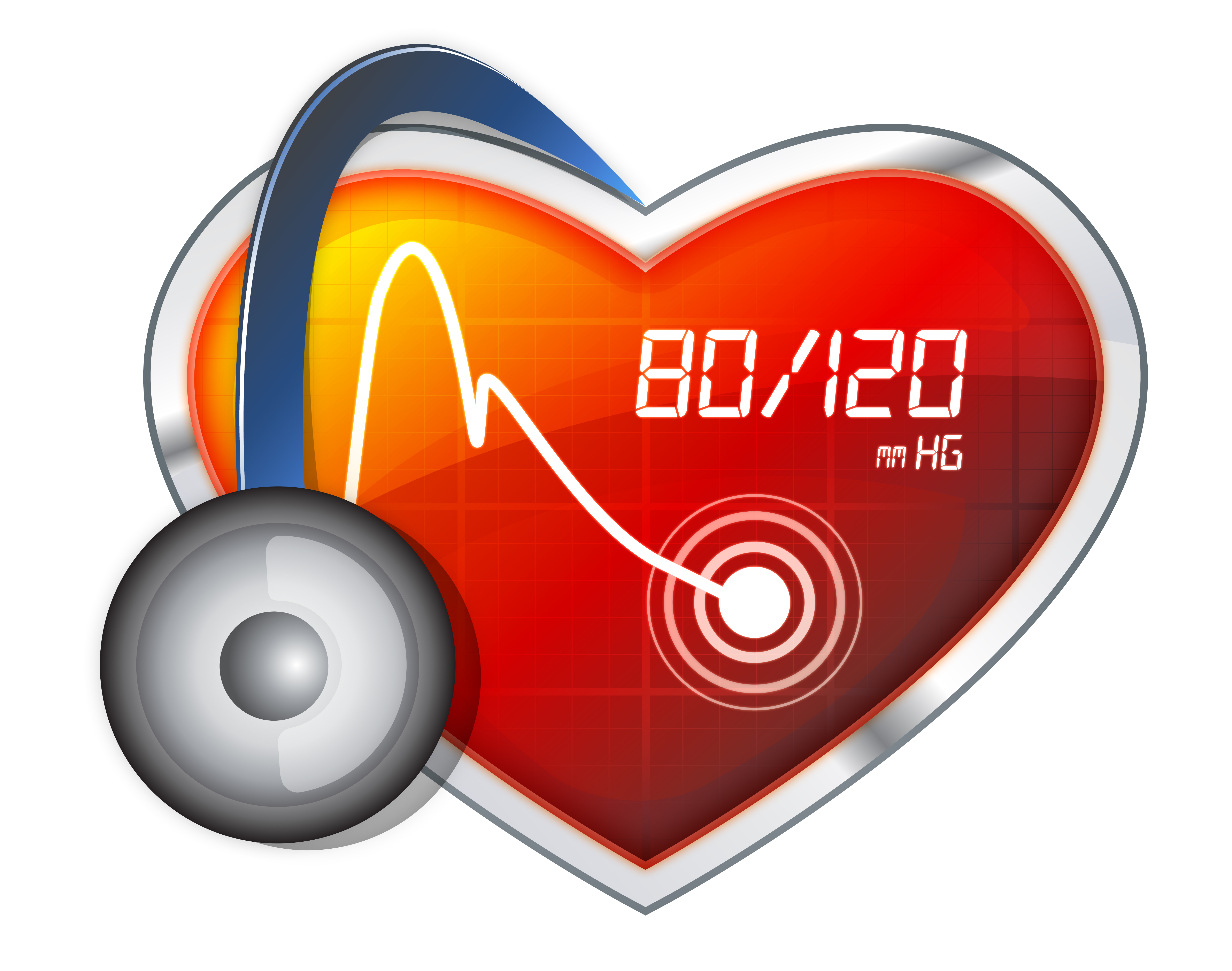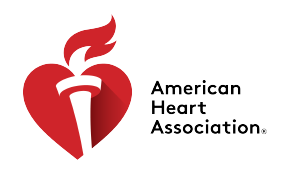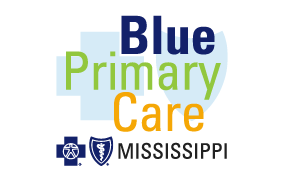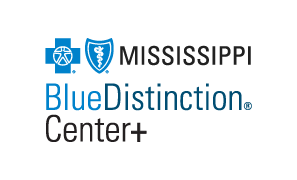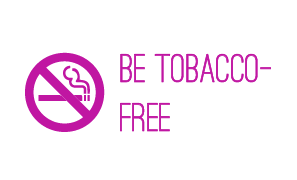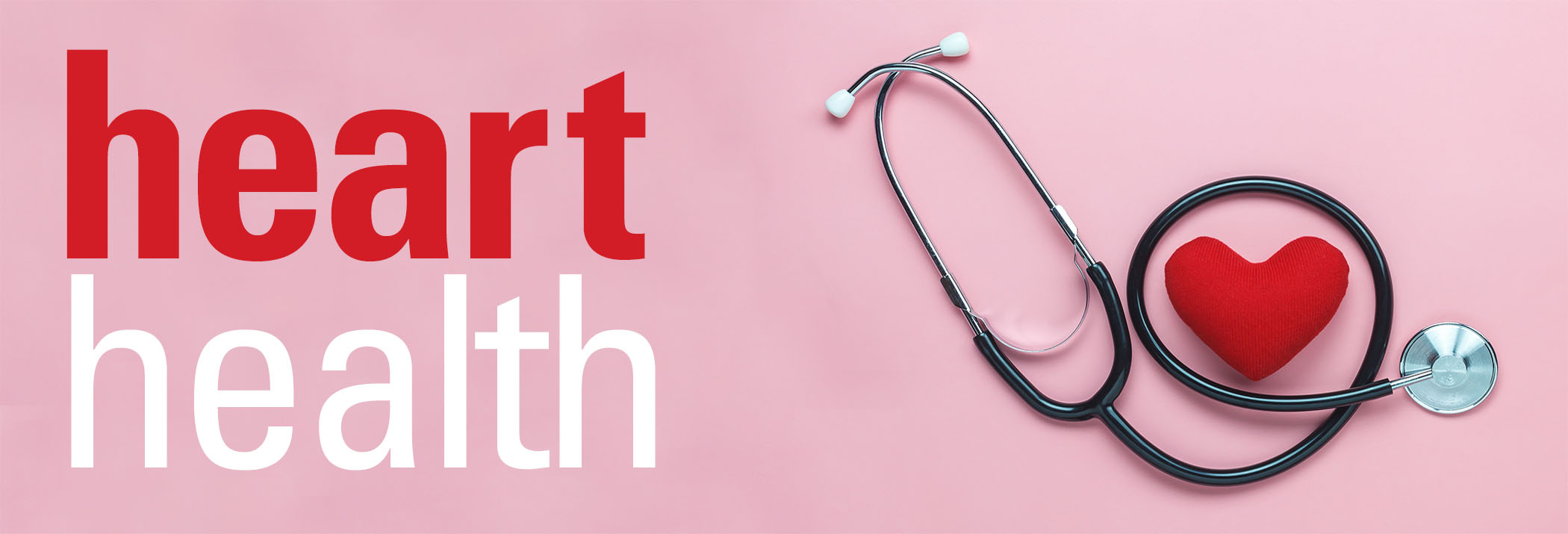

Heart Health 101
We’ve all heard the scary statistics around heart disease, but there are steps we can each take to prevent serious health issues and combat factors like family history and age. Love your heart and reduce your risk of developing heart disease by practicing these healthy lifestyle habits.
- Regular Checkups
Regular checkups with your Primary Care Network Provider are the best way to monitor your risk for heart disease with screenings for your cholesterol, blood pressure and more. Blue Cross & Blue Shield of Mississippi’s Blue Primary Care Home network of providers creates a wellness “home” where patients visit for preventive wellness care, management of chronic health conditions and coordination of care. Our wellness benefit (Healthy You!) covers an annual wellness visit and included screenings with a Network Provider at no out-of-pocket cost.
- Regular Exercise
Regular exercise strengthens your heart and cardiovascular system, lowers your blood pressure, increases your endurance, improves your circulation and can even help you achieve or maintain a healthy weight. Read more here on the benefits of a balanced exercise program.
- Eating Healthy
When eating healthy for your heart, there are three main nutrients you want to be aware of. First, be aware of the sodium content in foods. Too much sodium can increase your blood pressure. Learn ways to “Eat Smart for your Heart.” The second nutrient to be mindful of is fat, specifically saturated and trans fats. However, you should aim to include moderate amounts of monounsaturated and polyunsaturated fats in your diet as these contain heart health benefits. The last nutrient to look for is fiber, which can help lower your cholesterol. Fiber is found in whole grains, fresh fruits and vegetables. Check out heart-healthy recipes and substitutions in the section to the right.
- Avoiding Tobacco
Tobacco use is one of the most preventable causes of death and heart disease, and even brief exposure to secondhand smoke can trigger a heart attack. The CDC has published an extensive report on the effects of secondhand smoke and how it can affect the heart. If you use tobacco and would like to quit, the “be tobacco-free” section of our website offers helpful information on making that important decision.
- Limiting Alcohol
Too much alcohol can elevate your blood pressure, which can significantly increase heart disease risk. Women should have no more than one drink per day and men should have no more than two drinks per day. One drink is equal to one 12oz beer or 4oz glass of wine.
- Managing Stress
Over time, too much stress can lead to a host of health problems, including heart disease. Learn more about stress and your brain and see the Meditation Made Easy section below for a beginner’s guide to this valuable practice.

Meditation Made Easy
Meditation is used by many Americans as a tool for managing stress and as a complementary and alternative medicine therapy. Meditation and relaxation can take place in as little as five minutes. If you’re a beginner, don’t worry about choosing a form of meditation. In general, start by focusing on your breath. This can mean following your inhalations and exhalations or repeating a single word or mantra. When random thoughts pop up, let them go.
See below for a sample exercise to get you started.
Beginner Meditation Exercise
- Sit or lie comfortably.
- Close your eyes.
- Focus on the breath and the way the body moves with each inhale and exhale. If your mind wanders, return your focus back to the breath.
- Begin by meditating for five minutes, and work your way up to longer periods as time allows.
If you’d like more direction for your meditation, smartphone apps like Headspace and Calm: Meditation have guided meditations to help you slow down and become more mindful.
